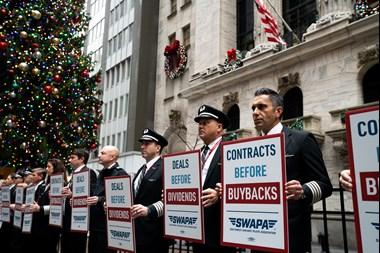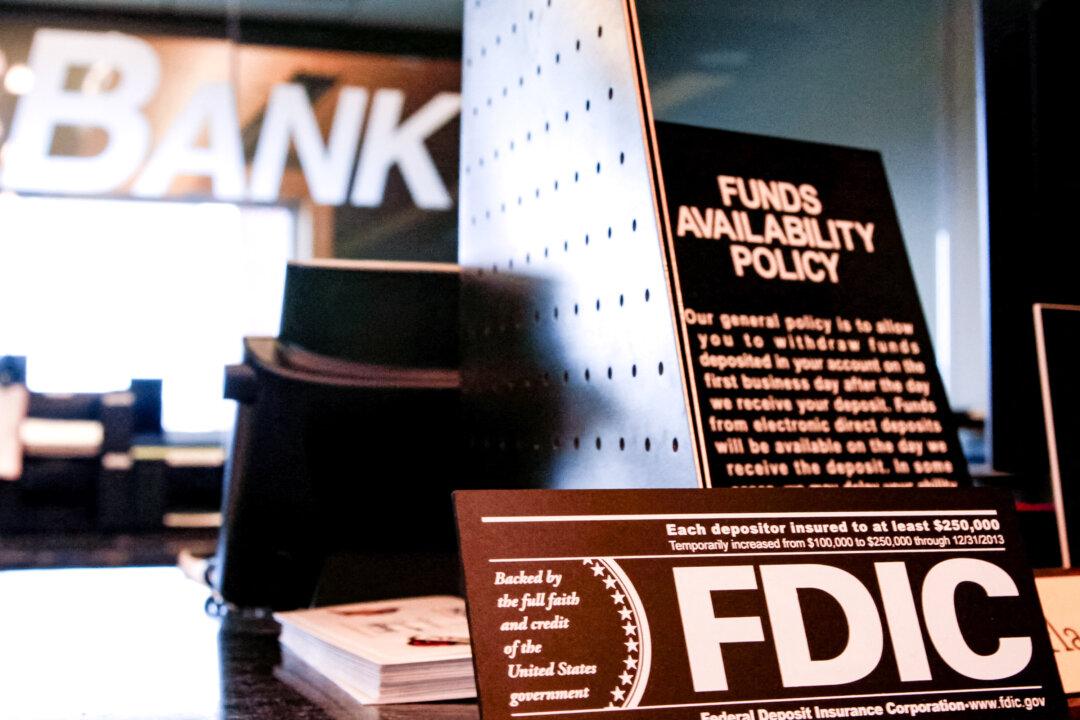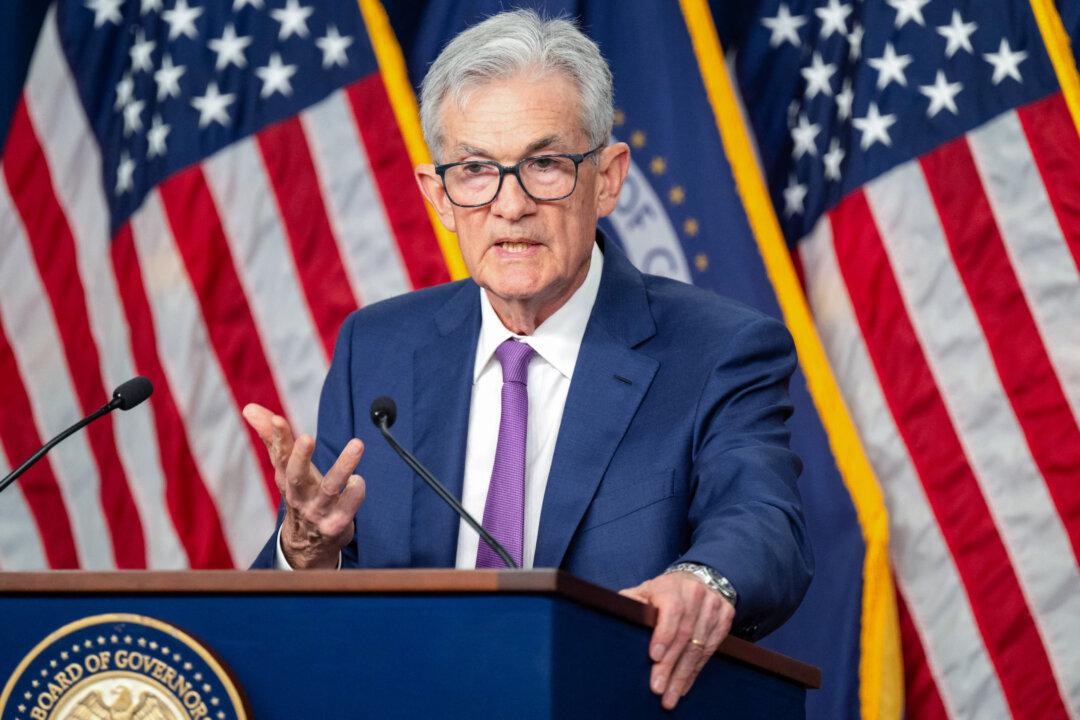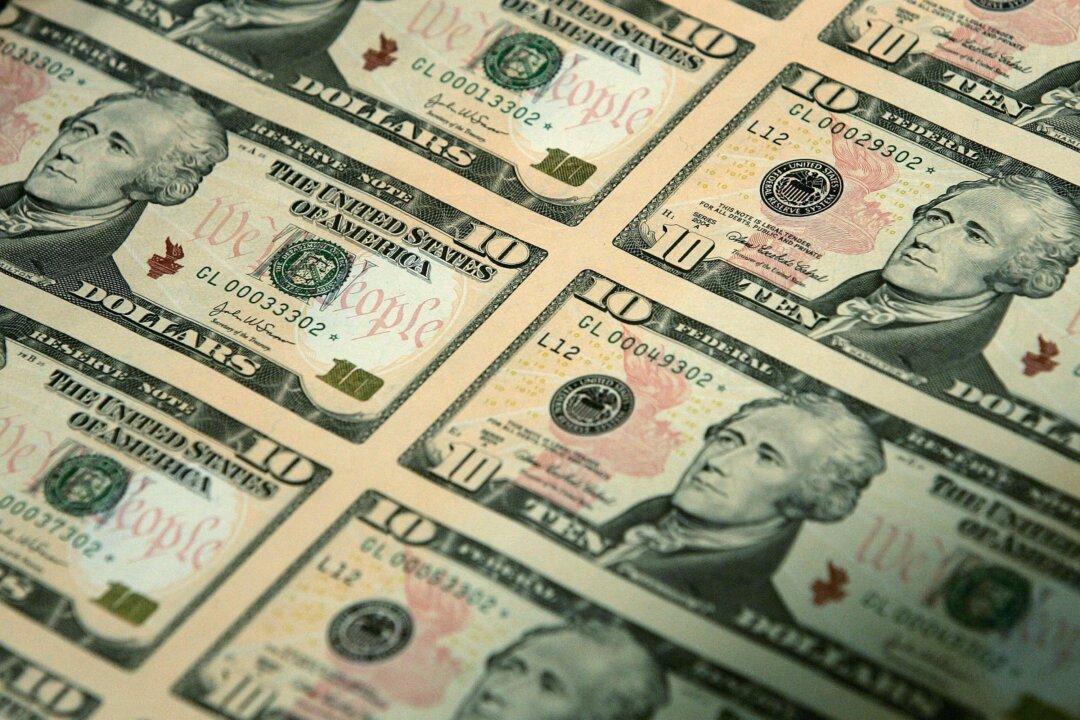Commentary
Stock buybacks used to be largely prohibited. Most considered them a form of stock manipulation. If companies wished to return corporate profits to shareholders, they could only do so by paying a dividend. Shareholders who were dissatisfied with a company’s stewardship of its excess cash could always convert the value of those shares to cash simply by selling them.





